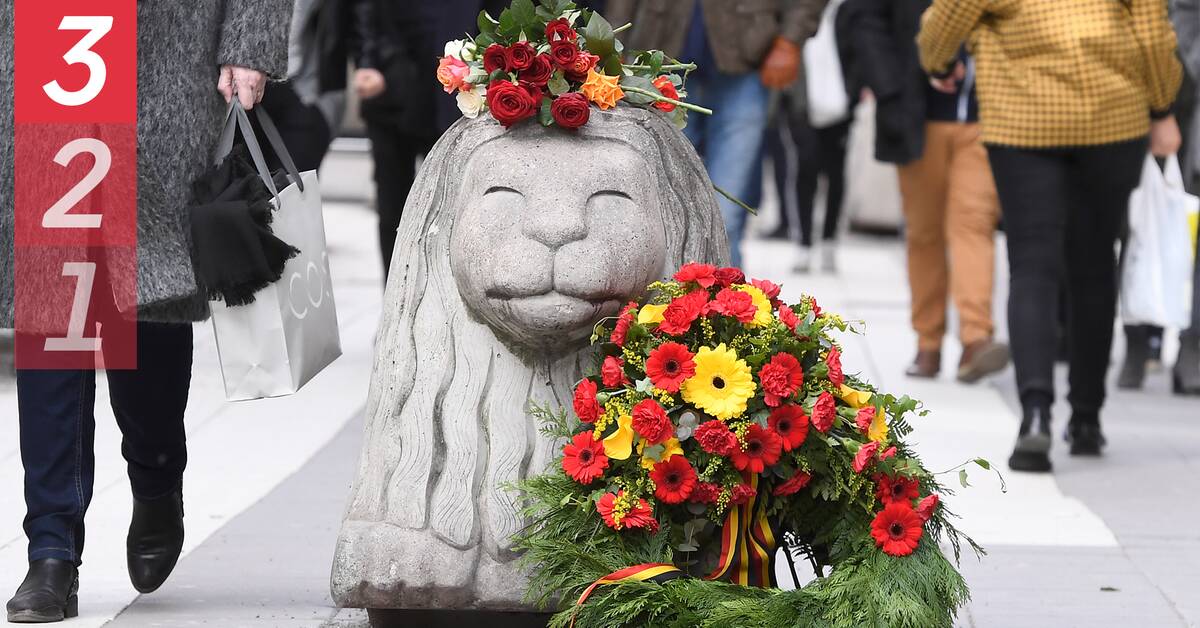Five years have passed since the terrorist attack in Stockholm when Rahmat Akilov hijacked a truck and drove along Drottninggatan before crashing into the Åhléns department store, leaving chaos and death behind.
Even before the act in Stockholm, the Security Police (Säpo) had warned of an increased threat from violent Islamism and lone perpetrators.
- The threats we see today have broadened compared to what we saw five years ago.
We still see threats from pro-violence Islamism but also from pro-violence right-wing extremism, which is a difference from 2017, and extremism is internet-based and borderless, says Karin Lutz, communications strategist at Säpo.
"Must find the needle in the haystack"
Karin Lutz states that digital platforms contribute to a sense of belonging among people in extremist environments and that hatred and threats online foster extremism.
- This development makes it a complex threat.
Lone perpetrators are among the most difficult to detect.
We handle a huge amount of information and try to assess the intention and ability of different actors.
It's about finding the needle in the haystack, says Karin Lutz, who for security reasons can not go into how Säpo's methods have changed since 2017.
The union: Stores lack preparedness
Along Drottninggatan, many store employees closely witnessed Akilov's deed.
The trade association Svensk Handel believes that training in, for example, first aid is an important measure to prepare store staff for this type of extreme event.
But five years after the act, the trade union Handels believes that many stores in Stockholm still lack the working environment when it comes to crisis preparedness.
According to the union, many do not have clear evacuation plans, emergency exits or instructions on how to act in the event of attacks, fires, robberies or threats.
- If something happens, the employer and the employees must know exactly what to do.
That crisis awareness would need to be improved in many companies.
If you have not practiced evacuating the store, there is a risk that more people will be injured or that you will panic, says Jimmy Ekman, ombudsman for Handels in Stockholm.
See in the clip above how the protection against terrorism has changed in Sweden since the terrorist attack on Drottninggatan 2017

